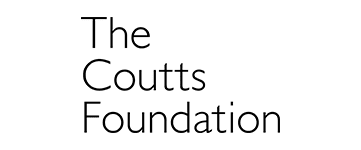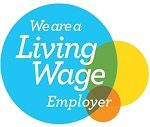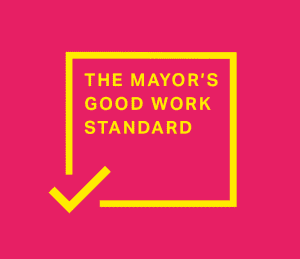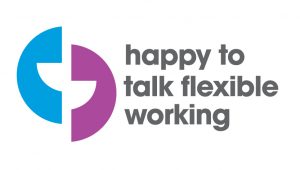London Challenge Poverty Week: Seeing People in Poverty, Dignity & Human Rights
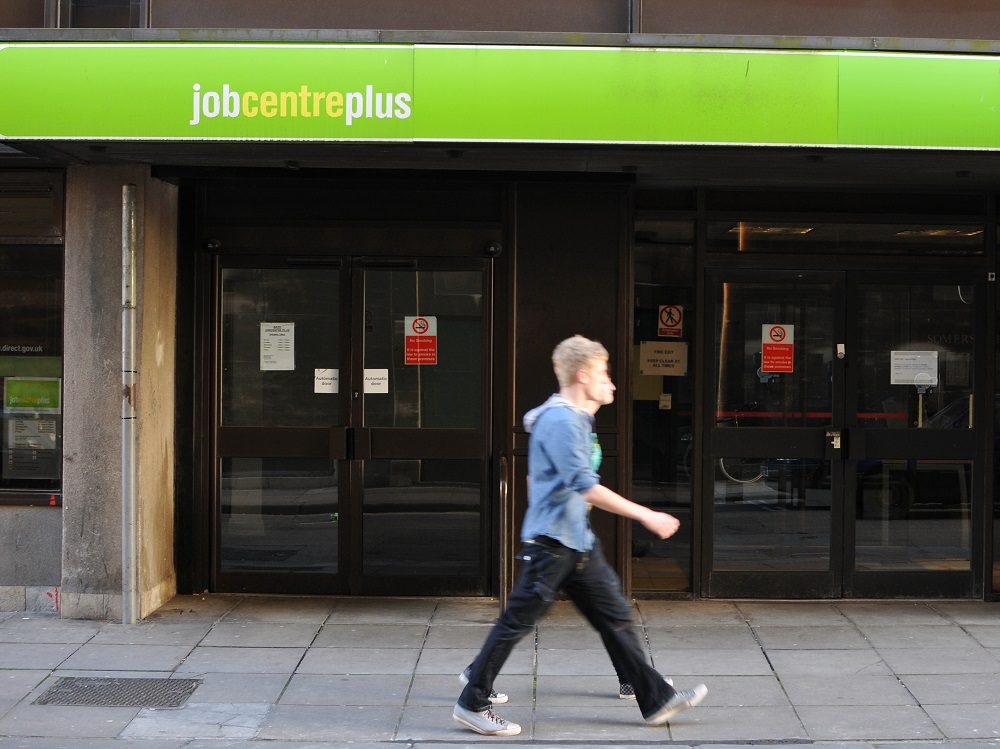
For London Challenge Poverty week, we’re providing a platform for a range of people to share their experiences and give their perspectives on poverty, and on how we could make London fairer for everyone.
Throughout the week we will be sharing the views of people in Tower Hamlets who are facing challenges, and sharing their views on employment support, the social security system, health, housing and the experience of children and families.
People on low incomes can face huge barriers – but they also have ideas and solutions for how things could – and should – be made better. We hope you enjoy hearing from them and will give your backing for their ideas.
Ellie, 22
“I really want to get into training to be a social worker or a carer. I did do Health and Social Care in school, and it was the only good grade I got – I got an A*. Because I’ve been in foster care as well I know what it’s like so […] I would love to be a social worker to help kids, to make sure they’re getting the right help you know, with the right family.”
Ellie is twenty two years old. She has been living off a hardship fund for several months and is receiving debt advice from Toynbee Hall. Ellie is funny. When we talk about whether she’s interested in talking to decision makers about her situation, she quips “I’ve got a lot to say to Sadiq Khan, but I would need to take quite a few tablets first”. She lights up when we talk about music, saying, “I went to Izzy Gibbs’ first headline show. It. Was. Lit”. Her sense of right and wrong is acute, and she can pinpoint systematic unfairness with the razor sharp eye of someone who has spent a lot of time negotiating public systems.
What’s stopping Ellie moving forward, out of poverty and towards her goals, is sanctions. Repeated sanctions. So many sanctions that she’s now in debt to the hostel she stays in, because she has been unable to pay her service charge for several months. She’s facing eviction, again. Sanctions are intended to incentivise people to keep to their commitments to search for jobs, but they are trapping Ellie in poverty.
As a society, we need to understand that poverty is created by social policies, not individual choices. People design policies, they can be redesigned. We need to create better policies, so that everyone can succeed in life.
What Happens When Employment Support Doesn’t Work?
When you claim Universal Credit, most people will be assigned a work coach, who makes sure that you keep to your claimant commitments, such as searching and applying for appropriate jobs.
Ellie has been through periods of homelessness since she left care, but was managing to hold down a part time job when she went to her first appointment with her Job Centre Plus work coach. She was proud to be working, but didn’t want to go full time.
She recalls saying to her work coach,
“I want to go back to college, get my qualifications, because when I was younger I was a nuisance, but I still want to work part time, to get that extra money.”
But Ellie’s work coach wanted her to commit to finding full time work. Ellie wanted to work towards her job goals at a more manageable pace. This ongoing conflict led to a series of sanctions when Ellie didn’t meet her claimant commitments, and a downward mental health spiral.
“I ended up getting kicked out of the hostel, because of literally, I would get so stressed I ended up smoking a load of cannabis, to try to cope with my depression. I didn’t go see the doctor, I didn’t go see my family, was locking myself up like in my room 24/7, and not going to my appointments because of the way she was talking to me. What else? Well I just missed everything and wasn’t paying service charge, so they ended up taking me to court, I got evicted, I was homeless. Things were ok for a while. But then I got moved here, and had the same Job Centre again. And I got the same work coach”
Up until the last year or so, Ellie had fairly good relationships with her work coaches but her relationship with her current work coach has become hostile, and perhaps irreparable. An easy solution would be for the Job Centre to allocate Ellie a new work coach, but they have been unwilling to comply with this request for several months.
A New Kind of Employment Support
In spite of the things that Ellie is battling at the moment, it’s clear she has a wealth of skills, knowledge and potential, and with time and support she could bring these assets to our communities.
With sufficient, effective, flexible employment support, there’s no reason why Ellie couldn’t gain the other skills she needs to achieve career goals, to support people who are growing up in similar circumstances to her. She is happy to work part time in retail while she studies, but would need financial support in the form of social security benefits while she works towards this.
We recognise that it is not easy for job coaches or others providing employment support. The way the system is designed means they are under pressure to meet targets; it is often said that they don’t have time or resources to really work with the ‘whole person’ and all of the challenges they face. So this is not about individuals and the support they provide. It is about a shared problem of a system that doesn’t work as well as it should for the people who want to find work; and may be deeply frustrating also for the people who are tasked with providing help and support to them. Nobody wins with a failing system like this.
A Personalised Approach
Ellie knows what needs to change to move forward. She wants employment support that’s personalised, where work coaches are encouraged to develop trusted relationships with their clients:
“Someone who knows how to communicate properly with people, someone who doesn’t judge, so they put their feelings and their opinions aside, and they go there to do their job. You know, someone who is actually looking out for your best […] You know someone that’s nice, yeah polite, honest. And just what’s the word like…considerate.”
Flexibility for Claimants with Mental Health Problems
Secondly, she says that the Job Centre should have accommodated her mental health problems but that their system has been too inflexible to respond to her need for flexibility:
“They should have taken into consideration my circumstances, and my mental health. I was sectioned a few years ago. I used to hear voices and was under CAMHS at one point when I was younger. But they don’t take none of that into account. It’s just like mental health is just the minor thing, like it’s just, you know, it’s not easy for people that suffer with it.”
An End to Sanctions
Finally, she says sanctions make no sense for someone in her position. Having no money means it’s a struggle to eat or pay her service charge, never mind paying to travel to job interviews. If she becomes homeless again, she is clear that prison is a better option than the streets. “At least I’ll have food”.
Ellie is keen to share her experiences so people understand how the DWP and Job Centre’s policies can trap people like her in a cycle of destitution. This reflects a growing feeling from the people who use our services that, ion the whole, sanctions don’t work for people with complex challenges to overcome, who actually need bespoke, long term employment support. These ideas are gaining traction. Tom Pollard, in his 2018 paper ‘Pathways from Poverty’, argues that employment support for ill, disabled and ‘at risk’ groups could be better met through the health and social care sector, rather than by the Department of Work and Pensions.
In Ellie’s case we were able to speak to the Job Centre senior managers and ensure that they found better support for her. But for many people the challenges will still remain. So we will continue to work with Ellie and people in similar situations to advocate for effective, holisitic employment support, to make sure that everyone in our society can be supported into meaningful, financially viable work, no matter their circumstances or background.
*All names have been changed to maintain confidentiality.
There’s a range of events taking place this week where people across the capital are coming together to push for action on poverty, including at our ‘Designing principles together: Co-producing solutions to poverty’ event on Friday. Find out more.











